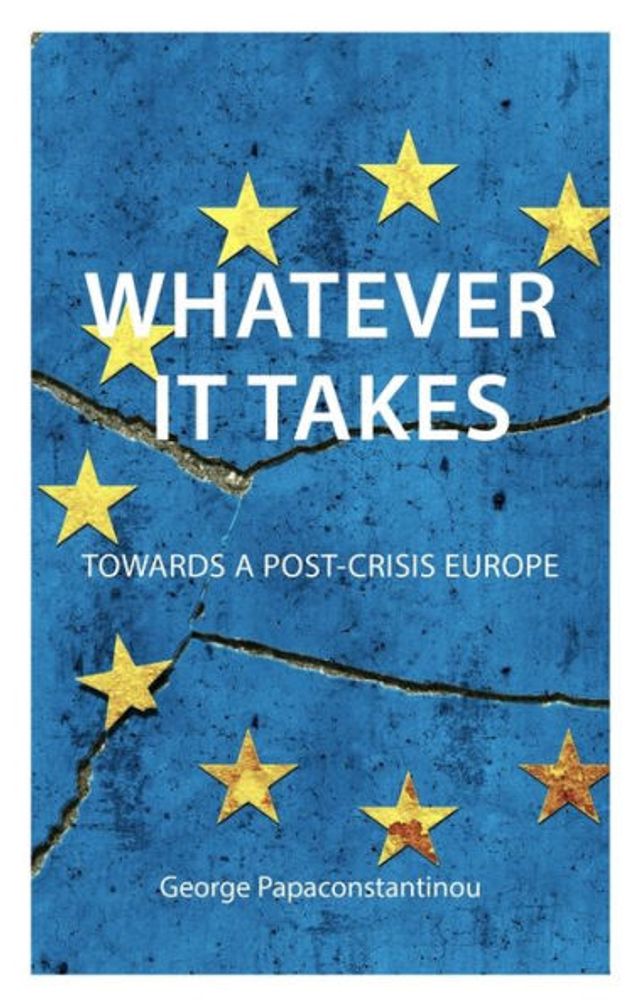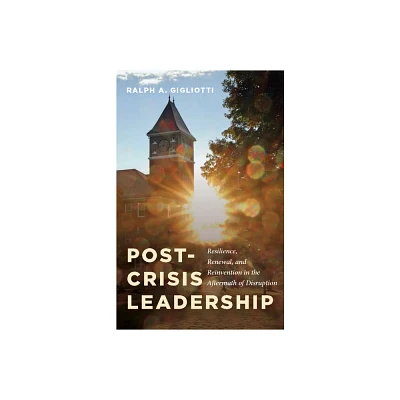Home
Whatever it Takes: The Battle for Post-Crisis Europe
Loading Inventory...
Barnes and Noble
Whatever it Takes: The Battle for Post-Crisis Europe
Current price: $99.00


Barnes and Noble
Whatever it Takes: The Battle for Post-Crisis Europe
Current price: $99.00
Loading Inventory...
Size: Hardcover
*Product Information may vary - to confirm product availability, pricing, and additional information please contact Barnes and Noble
For generations, Europeans have become accustomed to rising prosperity, an increasingly supportive social safety net and the expectation that each generation will fare better than the last. Europe has built a social model that is second to none, and fashioned a continent of disparate nations into a community that shares common values with democratic institutions that are the envy of the world.
Yet, Europe, as a common project is increasingly questioned by its citizens. The emphasis on solidarity, the driving force behind the social and economic integration, has given way to suspicion and nationalism. Openness and tolerance are strained by xenophobic, anti-immigrant sentiments, while populists and extremists set the agenda and dominate the policy debate.
European countries have borne the brunt of the global economic forces that have strained its institutions and capacity to respond appropriately. Characterised by uncertainty and delay both in handling the Euro crisis, Greece’s ongoing economic woes, Brexit and now a migrant crisis, Europe is at a crossroads in its development: a restructuring at the very least, if not a new settlement of power within the union, is on the cards. This book will attempt to understand what "post-crisis Europe" will look like, and what the opportunities are to rethink its economic, social and institutional architecture as well as to address the nagging democratic deficit that undermines its legitimacy as a democratic entity.
George Papaconstantinou is uniquely placed to offer commentary on the machinations of the union and its internal behaviour. Appointed Greek Finance Minister by Papandreou in the newly formed government in 2009, he played a key role in the Greek crisis, negotiating the first bail-out with the Troika.
Yet, Europe, as a common project is increasingly questioned by its citizens. The emphasis on solidarity, the driving force behind the social and economic integration, has given way to suspicion and nationalism. Openness and tolerance are strained by xenophobic, anti-immigrant sentiments, while populists and extremists set the agenda and dominate the policy debate.
European countries have borne the brunt of the global economic forces that have strained its institutions and capacity to respond appropriately. Characterised by uncertainty and delay both in handling the Euro crisis, Greece’s ongoing economic woes, Brexit and now a migrant crisis, Europe is at a crossroads in its development: a restructuring at the very least, if not a new settlement of power within the union, is on the cards. This book will attempt to understand what "post-crisis Europe" will look like, and what the opportunities are to rethink its economic, social and institutional architecture as well as to address the nagging democratic deficit that undermines its legitimacy as a democratic entity.
George Papaconstantinou is uniquely placed to offer commentary on the machinations of the union and its internal behaviour. Appointed Greek Finance Minister by Papandreou in the newly formed government in 2009, he played a key role in the Greek crisis, negotiating the first bail-out with the Troika.


















